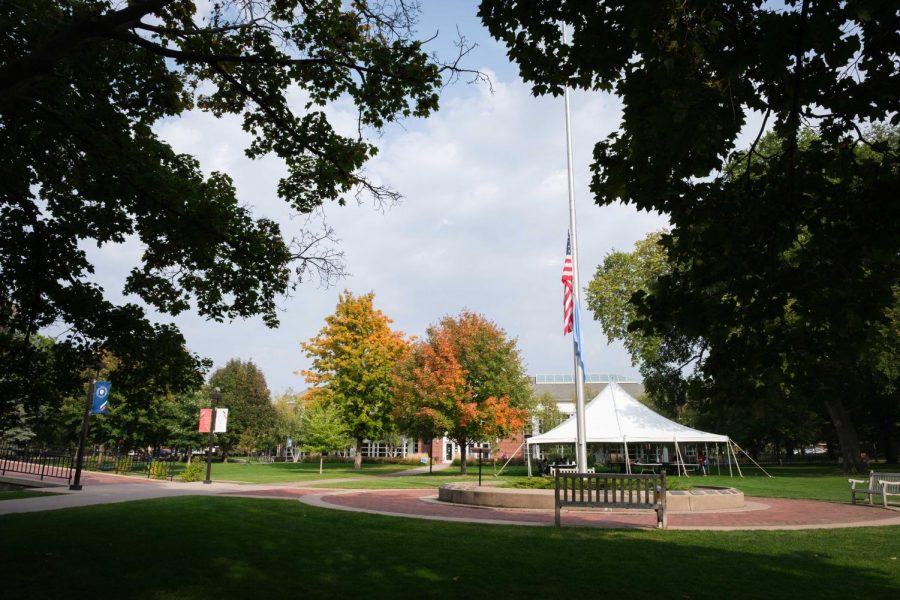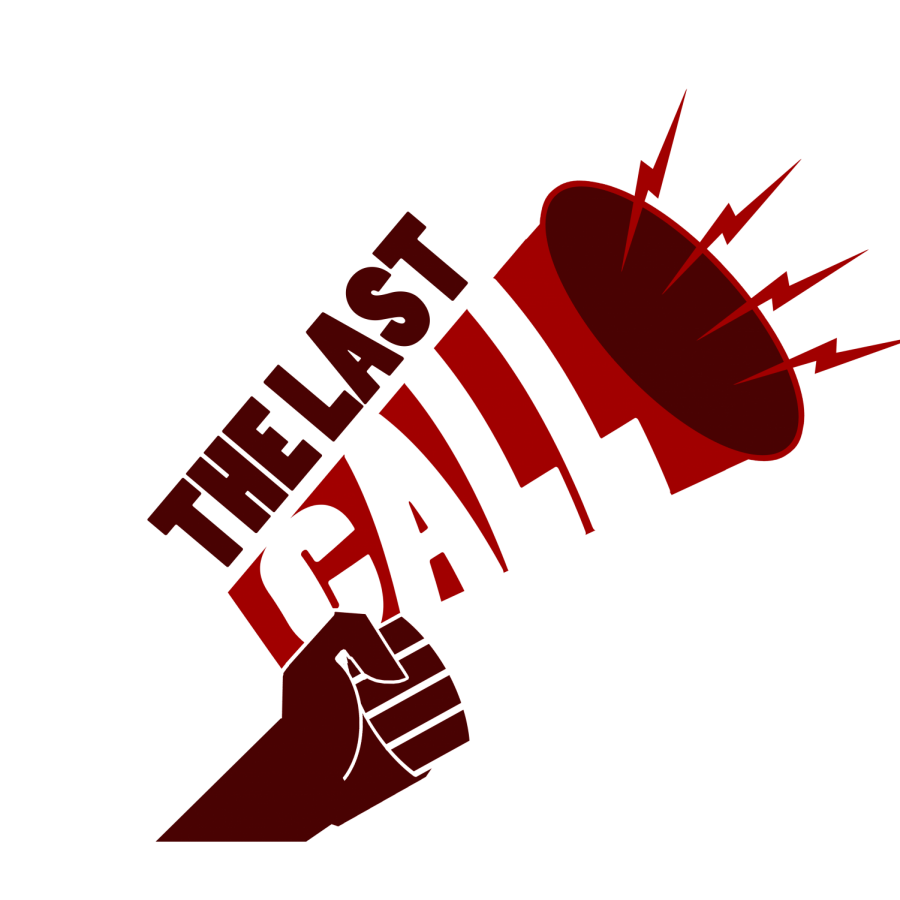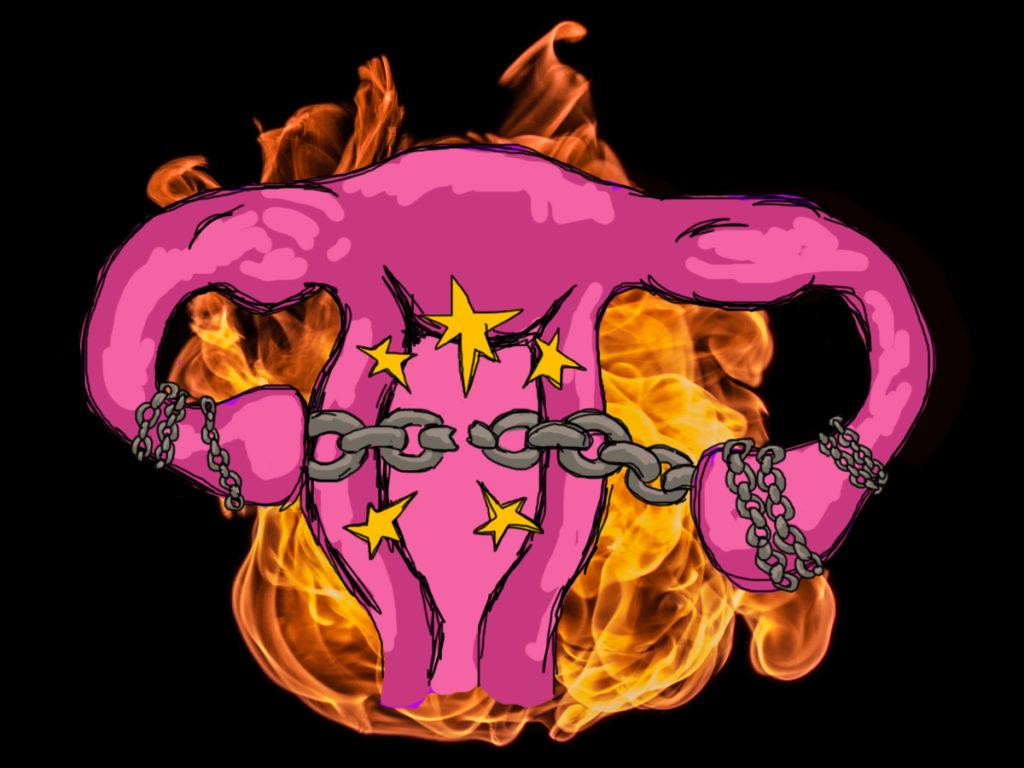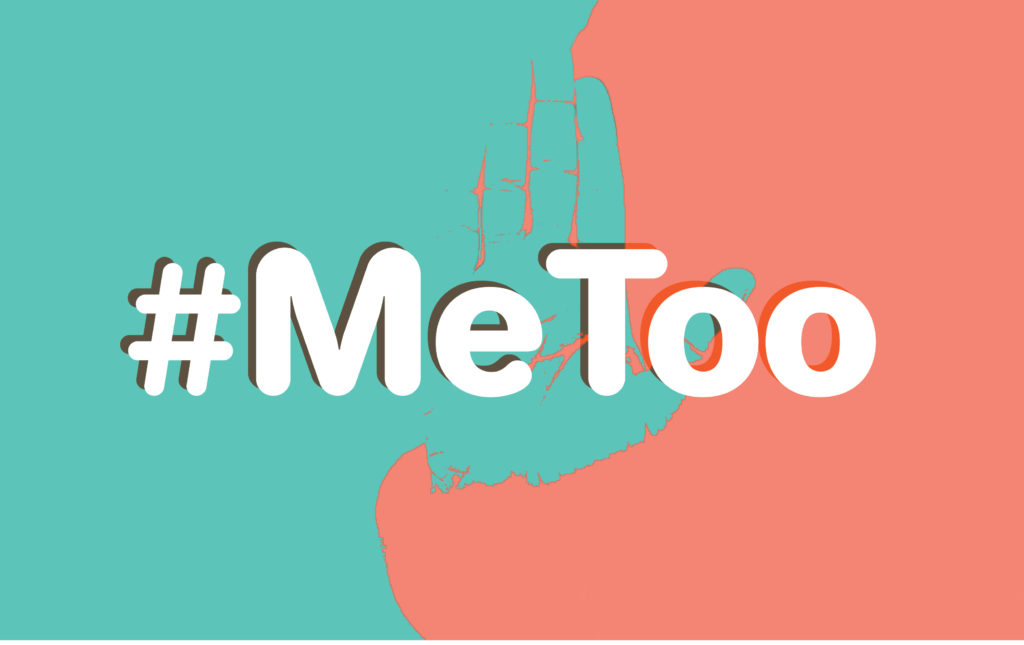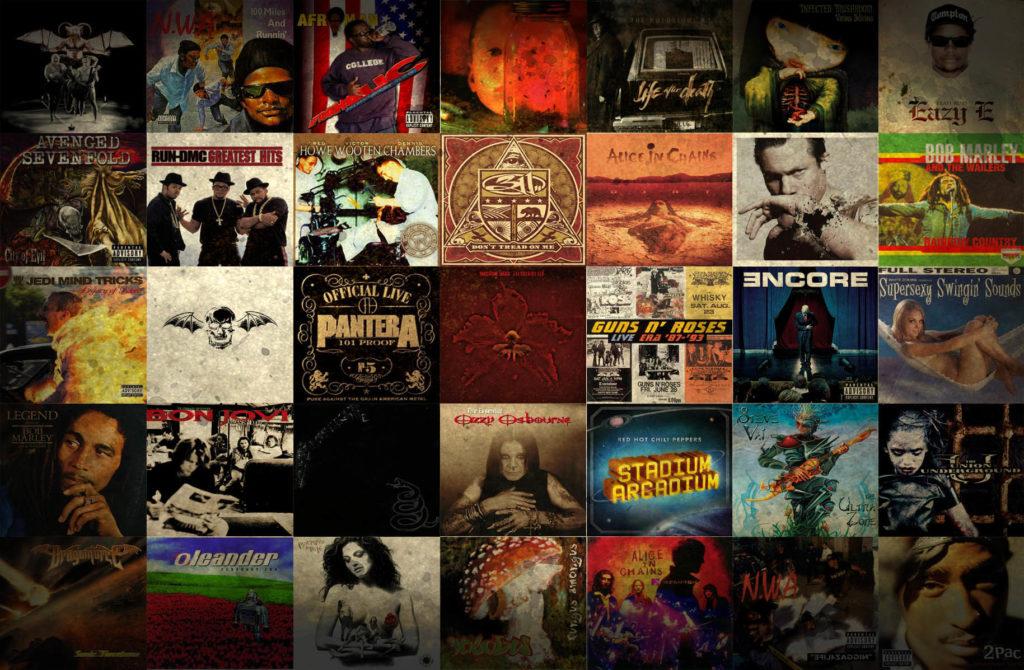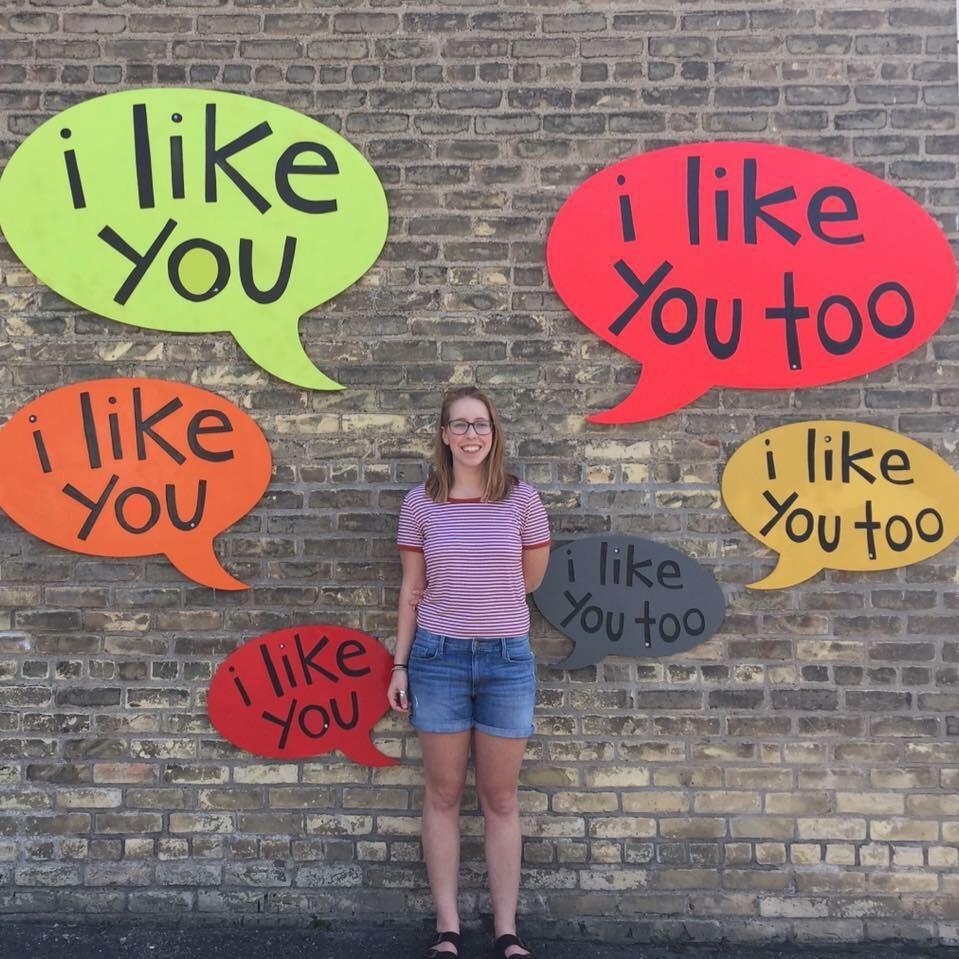There is a certain solemn immediacy with which I pause over November 20, Transgender Day of Remembrance (TDoR). Started to memorialize the 1998 death of Rita Hester, a Black trans woman from Massachusetts, the texture of TDoR has gained more traction for me as I reflect more maturely on my presentations, identities and experiences through privilege, marginalization and the gray areas in between.
I believe in breathing into our remembrance participatory action, activism and avenue of conscious growth. For my politics of love, I do not believe it is enough to mourn at this kind of occasion, and it is a belief I reflect off of the powerful rhetorical labor of trans women, especially trans women of color. We must and can remember those lost from communities that we are a part of or can identify with, but we must also: discuss transgender issues; acknowledge how transmisogyny, racism, ableism, citizenship and oppression activates this violence dispropriately; and recognize us who live onwards and the twinned beauty and violence we will face.
Last year, I believed that education only was the key to the process of doing all of this. I still believe in the power of education as a way of honoring, but remembrance goes beyond it as well because education (as it is typically defined) centers around those who need to learn. It can be a one-way process that emphasized those privileged enough not to experience the physicality of violence personally. To be truly radical, to create a firmer politics of love and inclusion, our remembrance must be more. We must better share the narratives to which we have access. We must find ways to magnify those narratives we have yet to support. When we are able, we must speak to our truths. It means that knowing that this “we” I invoke is not static, so that even though I have investments in TDoR and I have the platform to write, I am not necessarily the voice we should be prioritizing.
Because the complexity of these issues are great, powerful, violent, and a truth to all our wonderful lives that should never be ignored. In a small group discussing possible ways to reflect on TDoR, one of the questions that came up was the way violence mitigates transgender sexualities. Moved by the topic in the context of TDoR, I asked Quinton Singer ’17 to more fully describe how cissexism defines realms of transgender desirability. He wrote: “Because everyone is trained their entire lives to conflate genitals and gender (the definition of cissexism) and it takes active effort to unlearn this, an effort very few cis people have made, I’m almost always instantly excluded from cis monosexual people’s realms of attraction by default.
“I also feel alienated from cis non-monosexual people,” Quinton continued, “because I can’t trust that they also don’t conflate gender and genitals. It doesn’t help that I’m more readily attracted to masculine people (particularly queer guys and nonbinary people). Most of the people I end up being attracted to are cis simply because cis people are more common, and, because they’re cis, they tend to equate the genders they like with the bodies they like. But I don’t have the body most of them are looking for, so I never fit into their realm of attraction, due to the fact I’m trans. This means I crush on people who will never be attracted to me. Which is part of why I’m a virgin (the rest of it has to do with how often and how strongly I feel attraction, but that’s different).
“Like, I want to get laid. But the people I want to sleep with will misgender my body, if not out loud then subconsciously due to cissexism—and that’s if they’re even attracted to me in the first place which is unlikely due to how obvious it is I don’t have the body they want to sleep with. And even if they are attracted to me because they think I have the body they want, the fact that I’m trans might very well change their minds. So I feel undesirable not because of aspects of my appearance like the amount of body fat I have or how I dress or my hair color, but because of my transness. I just don’t fit into the realms of attraction that cis people have.”
I think Quinton’s poignant testimony reflects how deeply cissexism affects trans people because of the cis gaze on our bodies. This exchange cannot be forgotten and must be recalled in a time of remembrance, but the site of TDoF simultaneously includes the reality that trans people exist outside of this gaze. For me, my gendered existence acts as the mitigating site of radical potentiality within my multiple selves and all my intersectional communities. So in the end, I am defined by violence through both my marginalized and priviledged identities. But I am also defined by hope. I am also created by the struggles and glories of transgender people who came before me, who live now, and who yet to love.
This is what remembrance means to me, and I believe we can create a more active, attentive, loving space for honoring the violence witness around us.



